The Most Common Sports Injuries & How to Recover From Them
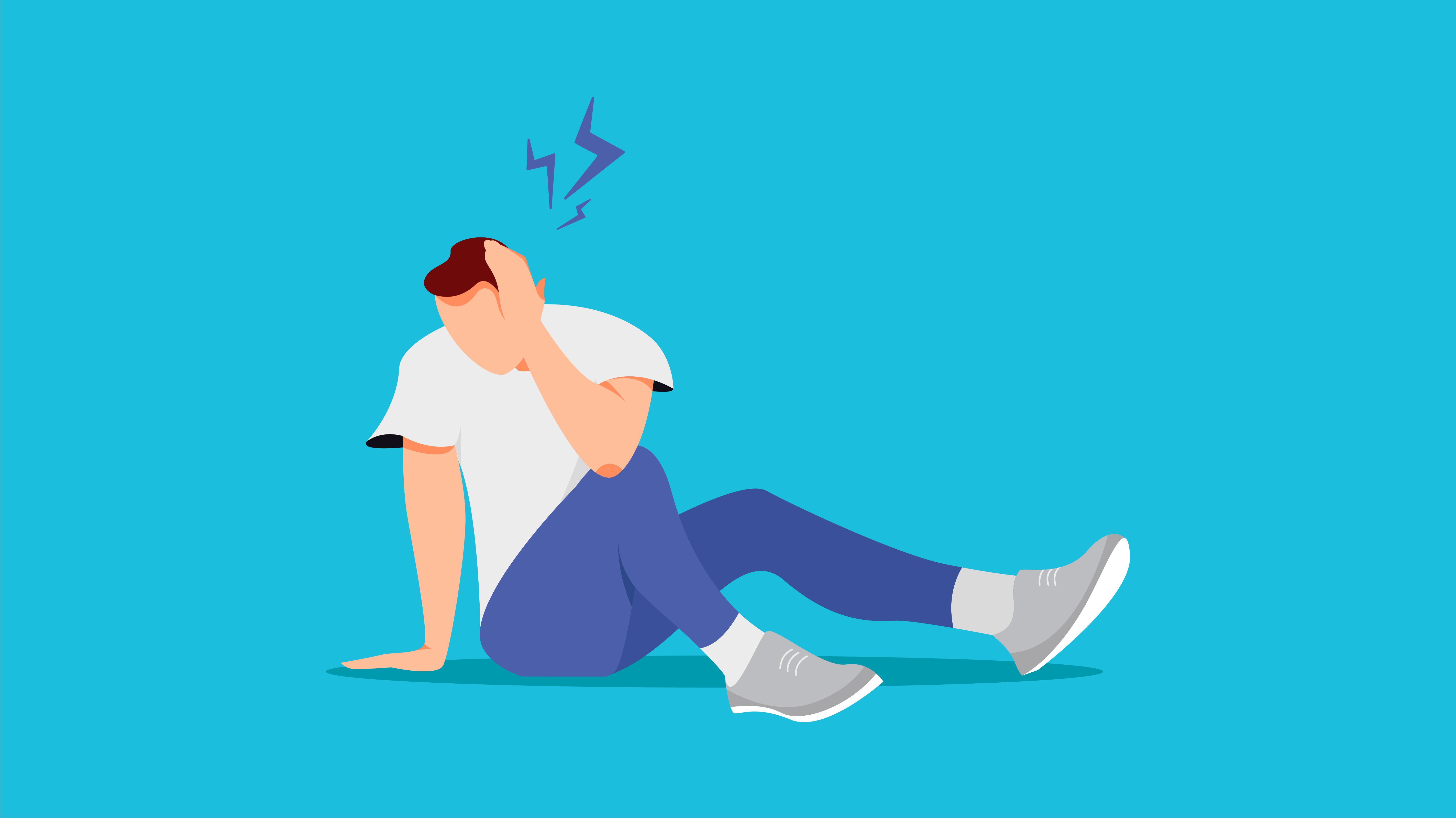
Posted November 10, 2021
There’s something about the fall – maybe the start of the school calendar – that feels almost as much like a fresh beginning as New Year’s Day. Hot, humid days gives way to cool, crisp ones – perfect weather for a football game or shaking off the rust and training for a race.
Unfortunately, with the beginning of the new season, aches, pains, sprains, and strains do occasionally arise. Luckily, we’ve got you covered – read on for more information about some of the most common athletic-related injuries, ways to prevent them, and what to do if you do find yourself injured.
Sprains & Strains
Sprains and strains are the most common sports-related injuries, simply because most athletic pursuits require the simultaneous use of many muscles, tendons, and ligaments, all three of which can stretch farther than they should or move and turn in ways they shouldn’t.
Common occurrences include:
- Sprained Ankles, Knees, Elbows, or Wrists
- Pulled Hamstrings or Groins
- ACL Injuries
- The anterior cruciate ligament (ACL) is the ligament in the knee that connects the lower leg bone to the thigh bone. Most ACL injuries occur with directional changes or twisting motions during activities like basketball, soccer, football, skiing, and tennis.
- Runner’s Knee
- Runner’s knee, or patellofemoral syndrome, occurs when the cartilage in the kneecap becomes irritated. Often caused by running, it can also be activated by repetitive squatting or crouching, like you might do while playing volleyball.
- Shoulder Injuries
- Activities that require overhead arm movements, like swimming, tennis, basketball, baseball, and volleyball, can cause stress on the shoulder. Shoulder injuries can also occur due to impact injuries, like a tackle on the football field.
- Tennis Elbow + Golfers Elbow
- Tennis elbow + golfers’ elbow are considered repetition injuries — a straining or tearing of the tendons in the elbow leading to pain and inflammation over time. Though they occur frequently in tennis and golf players, they can be prevalent in any activity that requires gripping a club, bat, paddle, pole etc.
- Plantar Fasciitis
- Like tennis elbow, plantar fasciitis is a repetition injury. It occurs when the dense fibrous tissue band that supports the arch of the foot becomes inflamed at the insertion of the heel, causing sharp pain when you step. It is common among runners and athletes playing endurance-based sports (i.e., soccer.) Limited stretching of the foot and ankle, incorrect shoes, and poor foot mechanics are among the leading causes.
- Shin Splints
- Shin splints are another overuse injury caused by repeated stress to the shin bone and the muscles and connective tissues in the lower leg. Shin splints can occur with any sport that involves strenuous running, dodging, or quick stops and starts, like soccer or field hockey. It can also flare up when training routines are changed or intensified. In some cases, improper shoes and flat feet can also be the culprit.
How Confluent Health’s sports physical therapy experts can help:
The good news is, stretching and warming up properly before taking off on a run or hitting the field can greatly reduce the risk of the sprains and strains listed above. Whatever sport you play, keeping good form when you practice is integral to staying healthy. Getting rest and staying hydrated are also important. But injuries can still arise for even the most diligent of athletes. That’s where we come in.
Our Sports Certified Specialists, Physical Therapists, and Certified Athletic Trainers are experts in the treatment of sports injuries. In fact, 100% of Confluent Health’s physical therapists are board certified or working towards board certification, meaning we’re uniquely qualified to treat musculoskeletal injures like sprains and strains and can get you back in the game faster than practitioners without certification.Want to learn some strategies for improving your performance or prevent a sprain or strain before it becomes an issue? We love to hear it – and we’re glad to help! We offer pre-participation screenings in the form of Functional Movement Screens and Y-Balance tests, which are assessments that help us identify (1) how likely you are to become injured during an athletic pursuit and (2) areas of focus for superior performance. Here’s how:
- Functional Movement Screens: A Functional Movement Screen determines “how well you move” and is used to find weaknesses before they affect sports performance or turn into injuries. The screening also identifies limitations that can hinder proper function and decrease strength. Additionally, Functional Movement Screens can be used post-injury to help athletes transition back to activity after therapy and return to pre-injury levels.
- Y-Balance Tests: The Y-Balance Test is a quick and easy balance-based test used to assess an athlete’s risk for injury. It is highly accurate and can also be used for measuring pre- and post-rehabilitation performance, improvement after performance enhancement programs, and return to sport readiness. We also use Y-Balance tests to identify performance enhancing strategies for athletes, and can share the interpreted results with your coaches, trainers, and/or physicians.
Concussions
Concussions are not something to mess with – they can have lasting repercussions on mental health, intellectual functioning, and physical functioning. Additional concussions only increase these risks.
One of the challenges of diagnosing concussions is that symptoms can occur at different times. For some people, they appear instantly, but for others it can be hours or even days. There are several signs and symptoms to be aware of, including the following:
- Physical Symptoms:
- Headache
- Nausea
- Vomiting (seek medical attention immediately)
- Dizziness
- Balance problems
- Visual problems
- Sensitivity to light and sound
- Increased fatigue
- Drowsiness
- Sleep difficulties
- Cognitive Symptoms:
- Mental fogginess
- Feeling slowed down
- Confusion
- Difficulty concentrating
- Memory issues
- Emotional Symptoms:
- Irritability
- Sadness
- Nervousness
- Moodiness
How do you manage / treat concussions?
The first step is to find a partner you can trust – someone who is up on the research and can guide you through the process. Though there has been an increase in awareness in recent years, 80% of Americans still don’t know concussions are treatable, or the proper steps to follow when an injury is sustained.
There are many medical trainees who have not been properly educated on the identification and management of concussions. In years past, rest, minimal exposure to light and sound, and limited physical exertion were recommended. Often, we’ll still hear those recommendations erroneously cited in a TV show or movie. But, did you know those guidelines were set as the result of a study published in The Journal of Bone & Joint Surgery in 1968?
Today, the guidelines, based off an April 2017 study published in the British Journal of Sports Medicine, are totally different:
- No bed rest or prolonged rest – return to gradual and progressive activity are encouraged.
- Reading, texting, and screen time are allowed.
- Return to work, school, cognitive challenges is encouraged.
Crazy how 50+ years of research can change things, huh?
The important thing to know is that since concussions look different for everyone, recovery is individualized. While many individuals recover in 7-14 days, children and adolescents often require more recovery time. Bottom line – we know the facts, and we’re here to provide the best possible care.
Our expert Sports Certified Specialists, Physical Therapists, and Certified Athletic Trainers are trusted by the area’s top neurologists to provide concussion management services. We use evidence-based training and the most up-to-date research to provide cutting-edge treatment and ease your worry. Call, text, or chat with us today to speak with an expert or schedule an appointment.


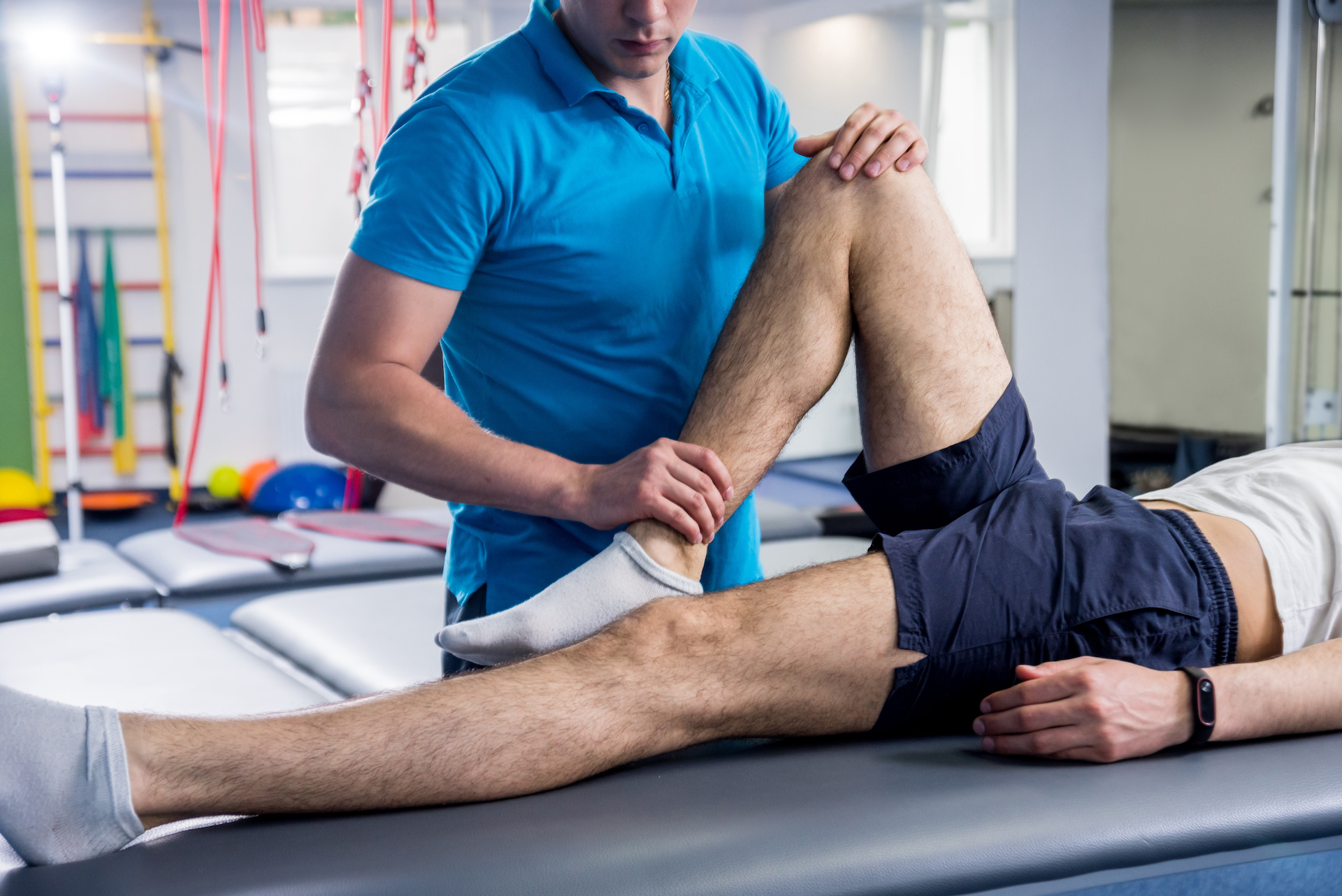
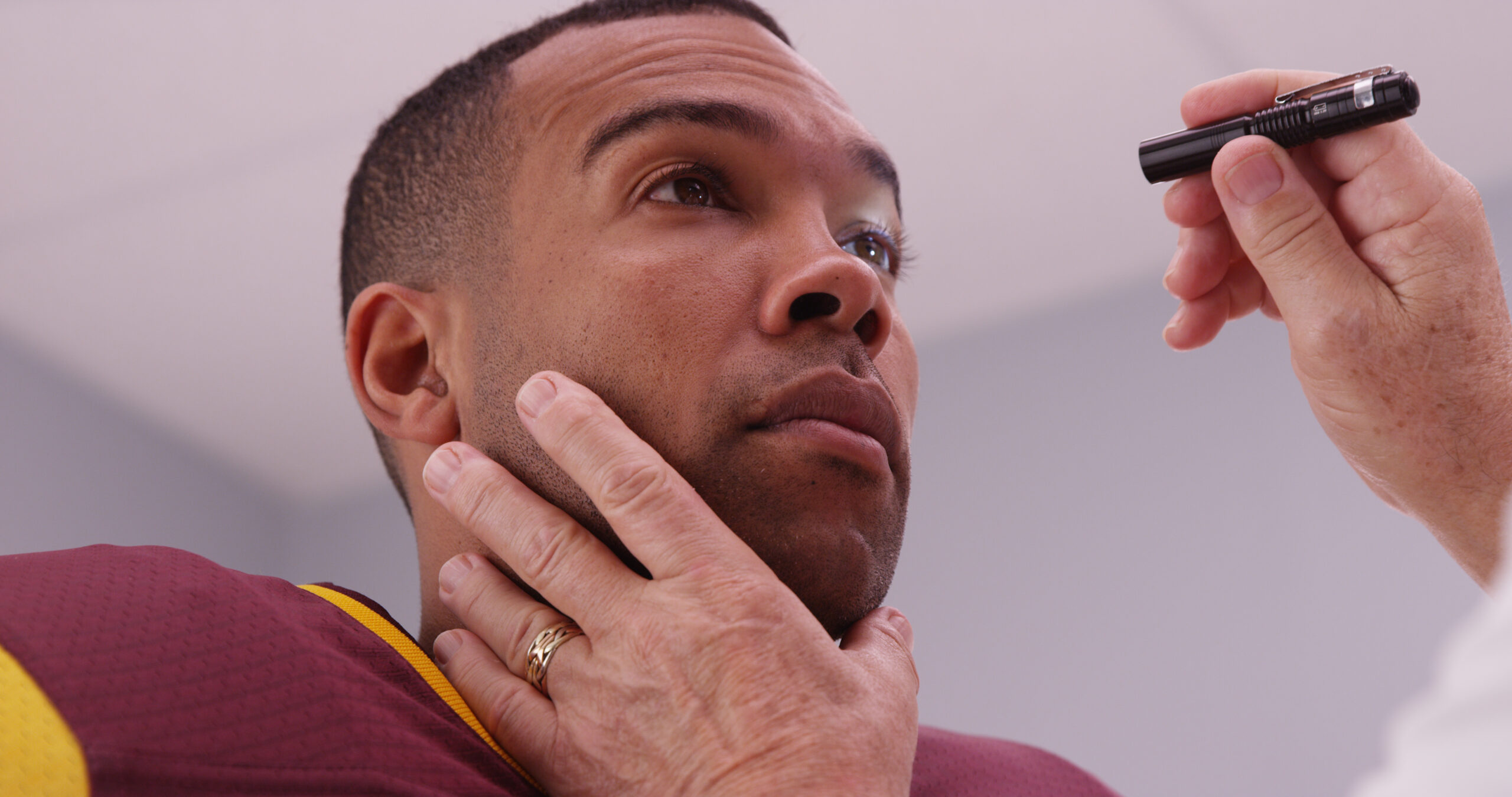

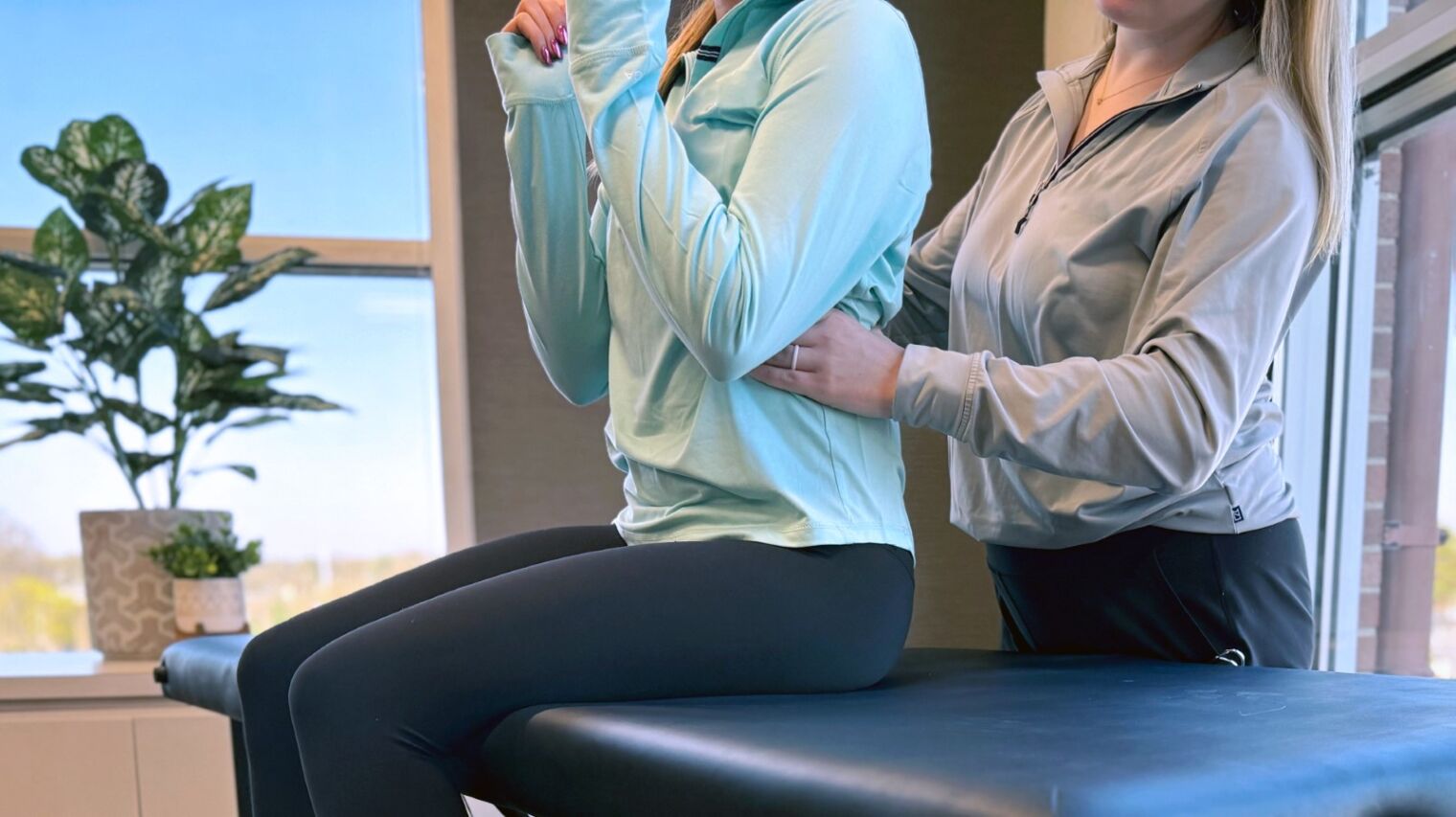
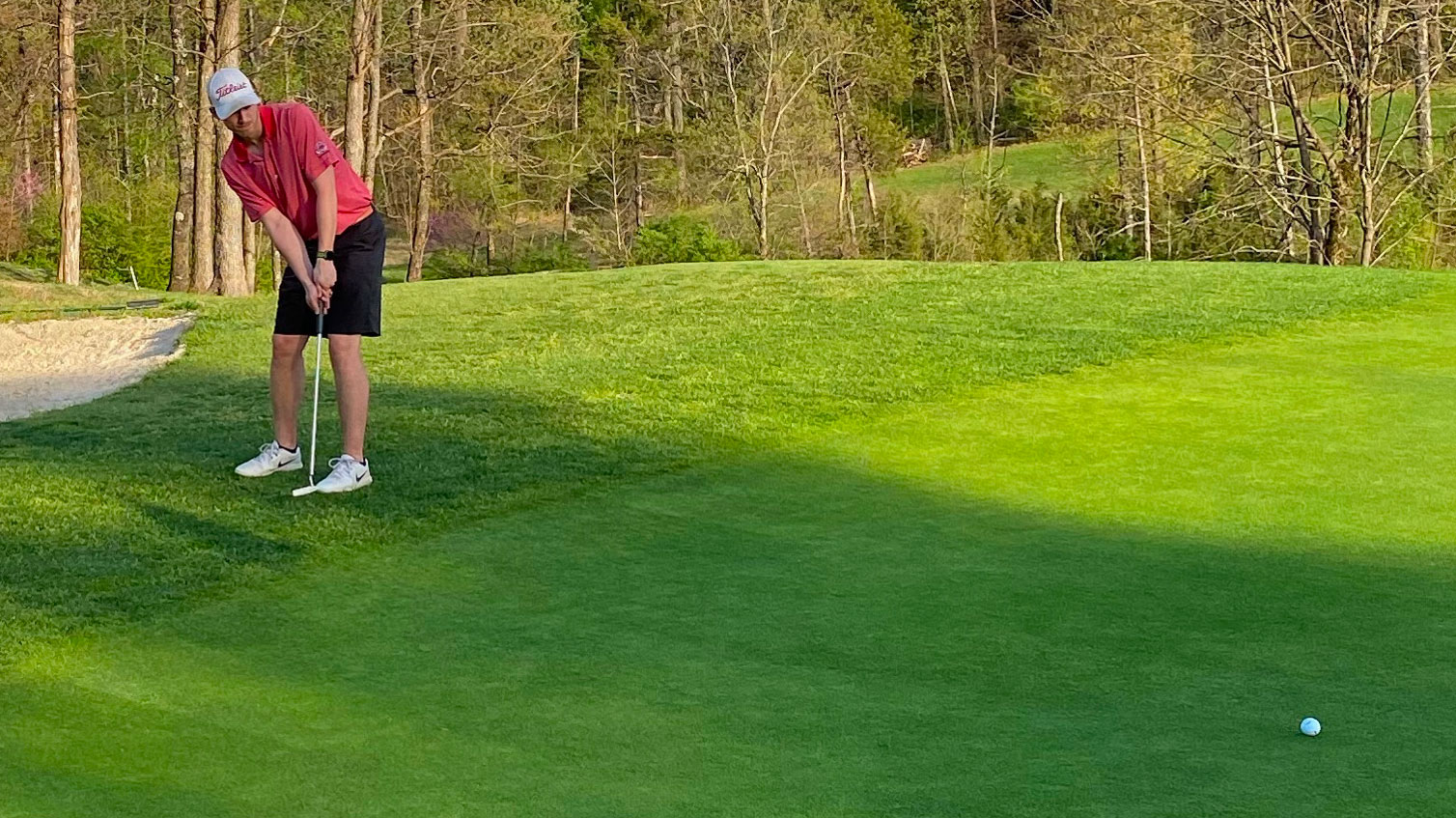

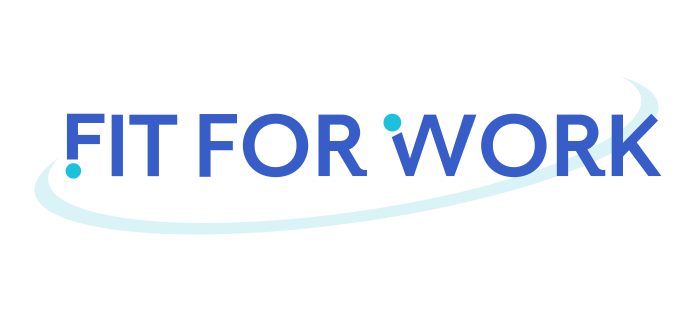


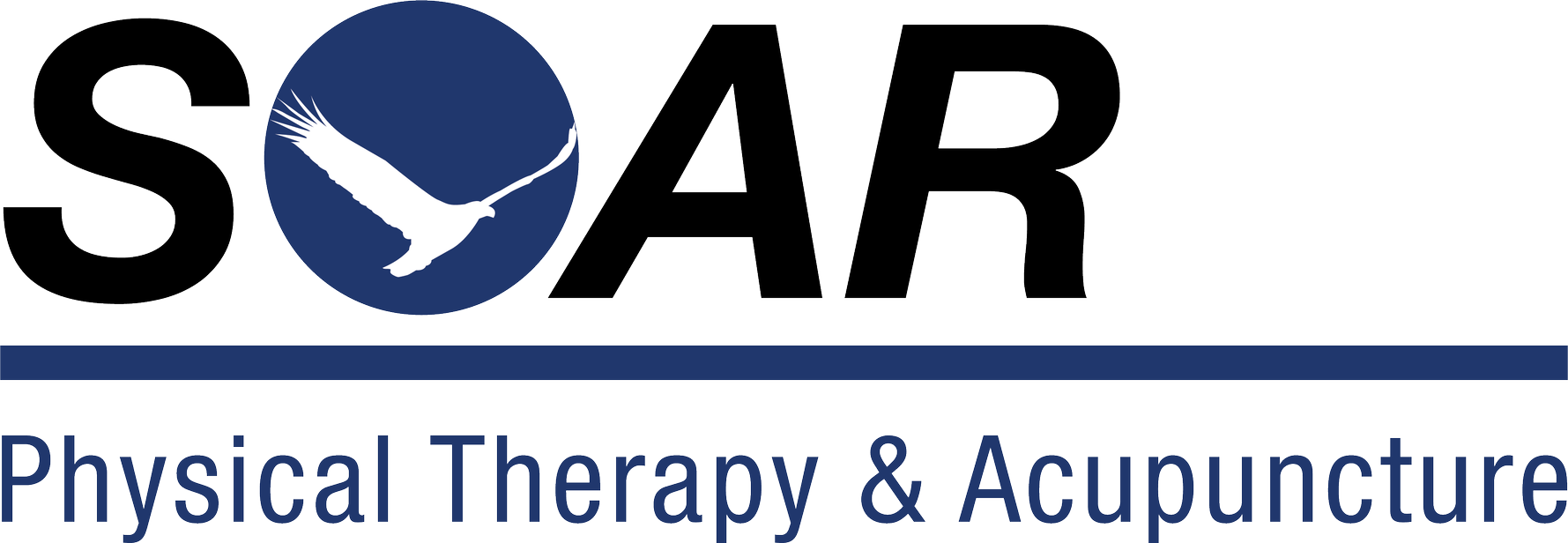

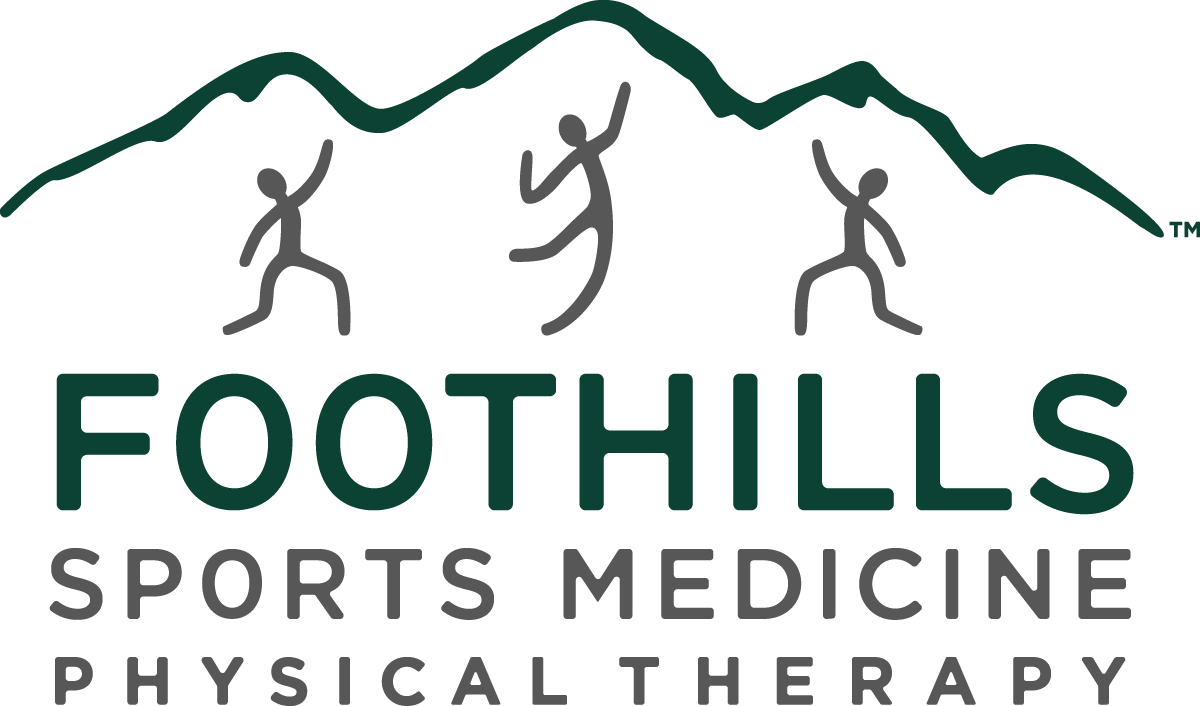
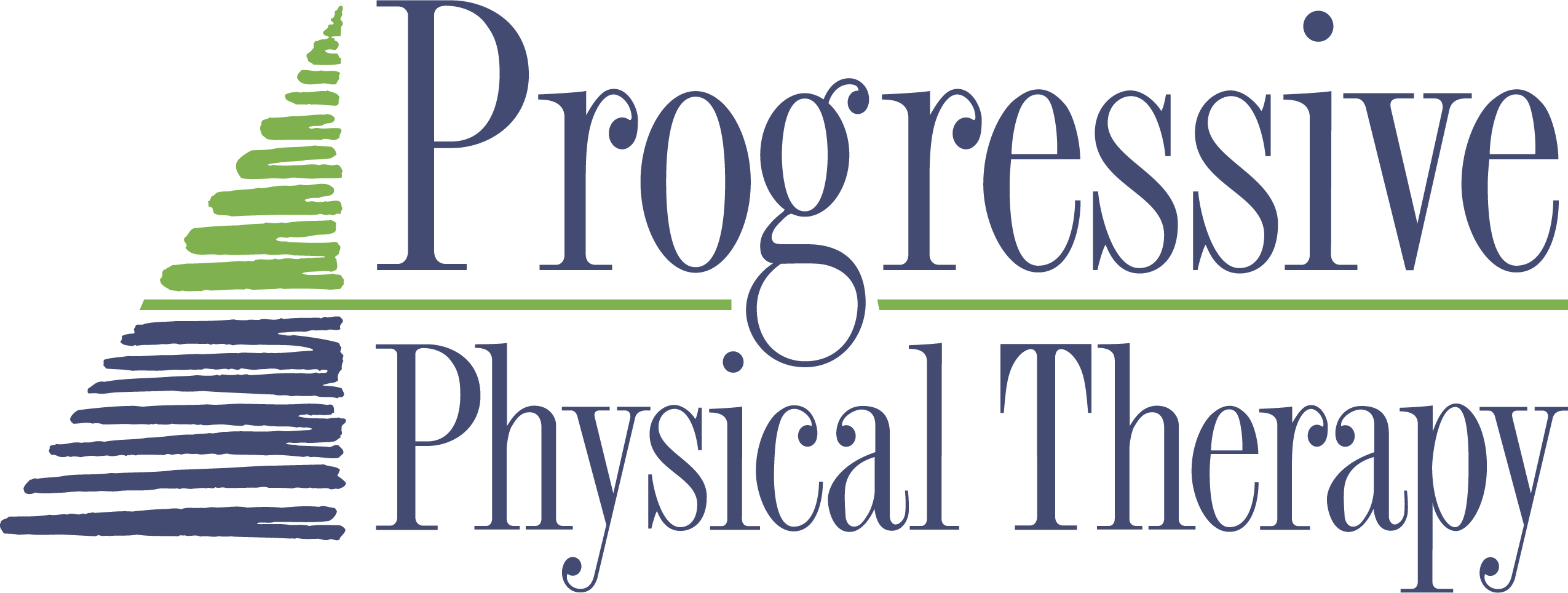

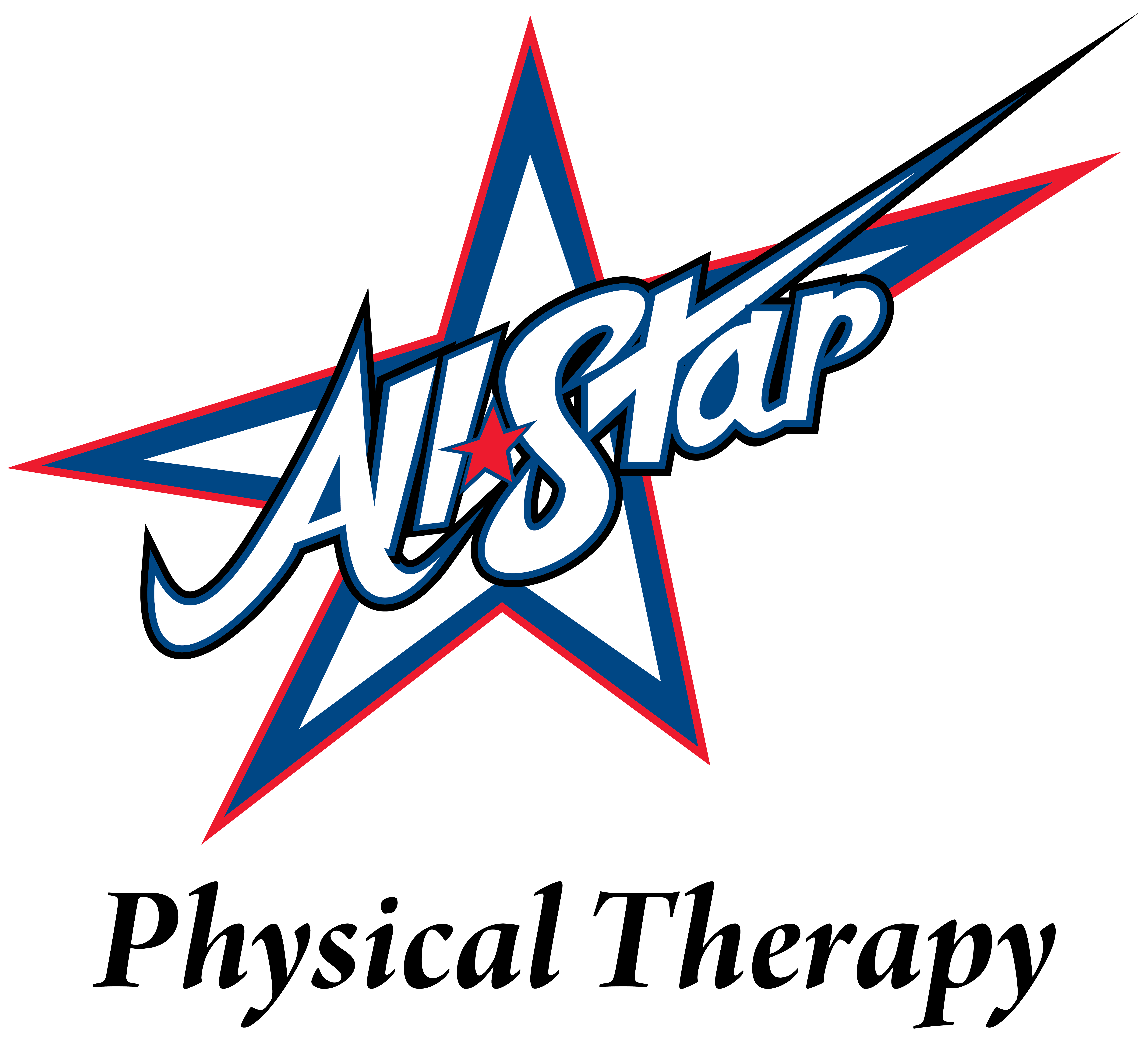




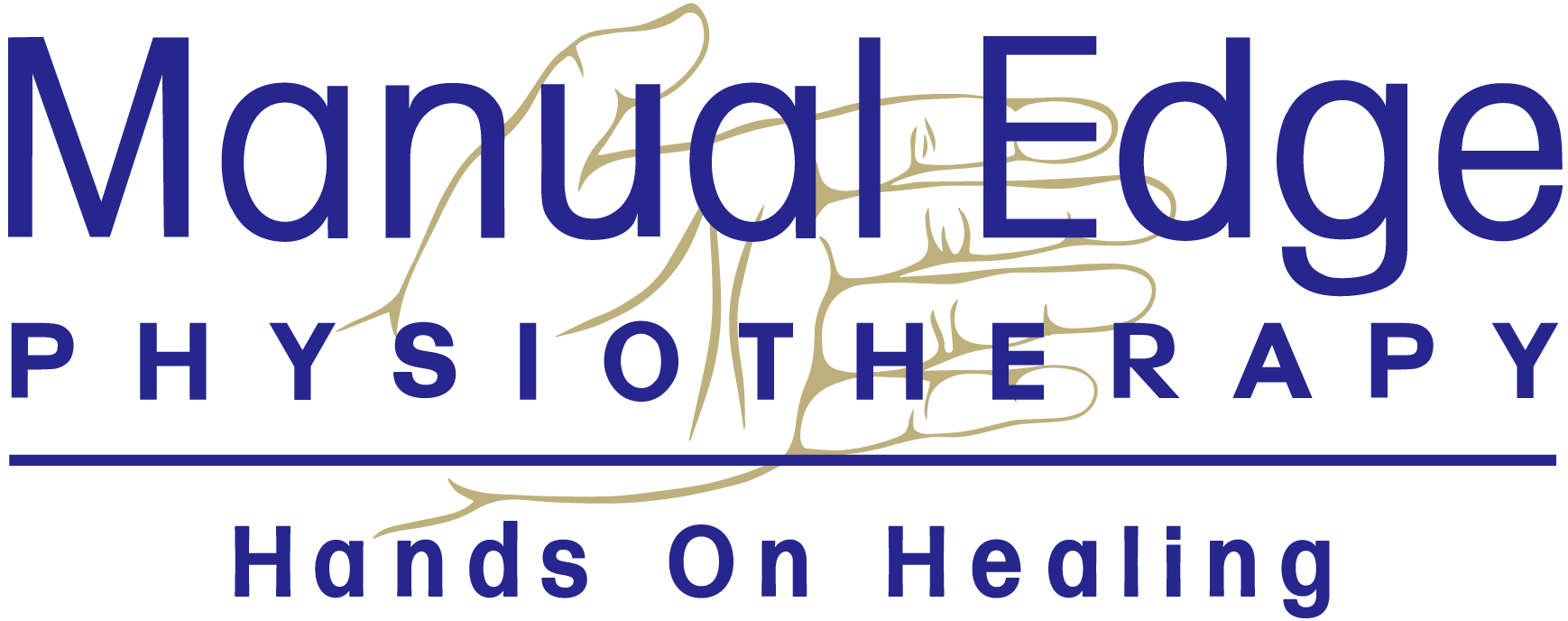
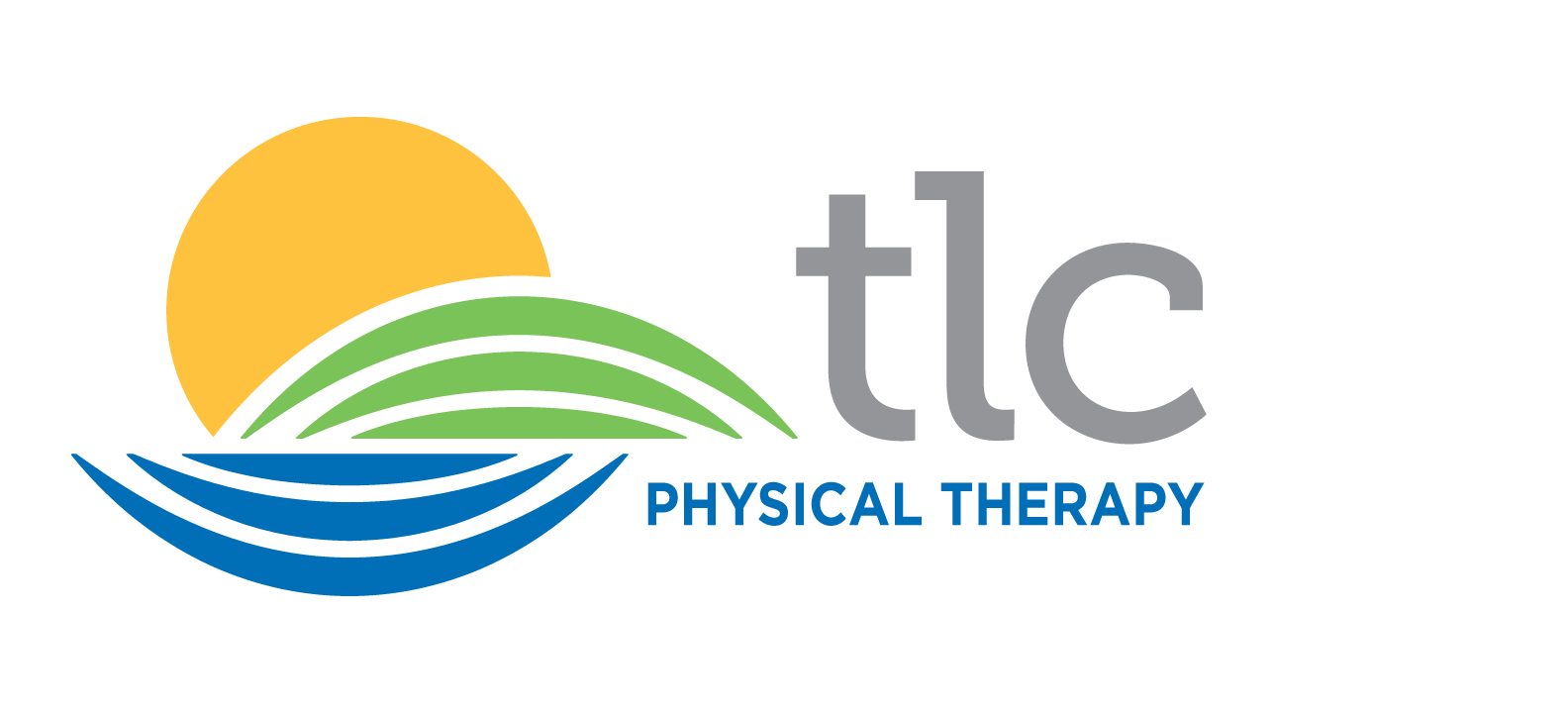
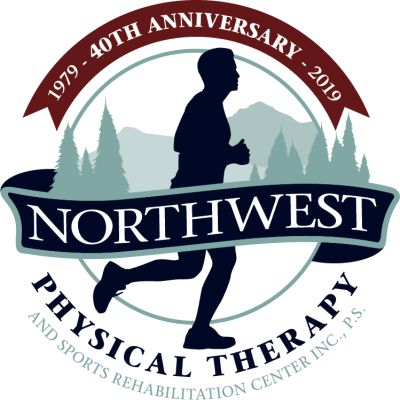



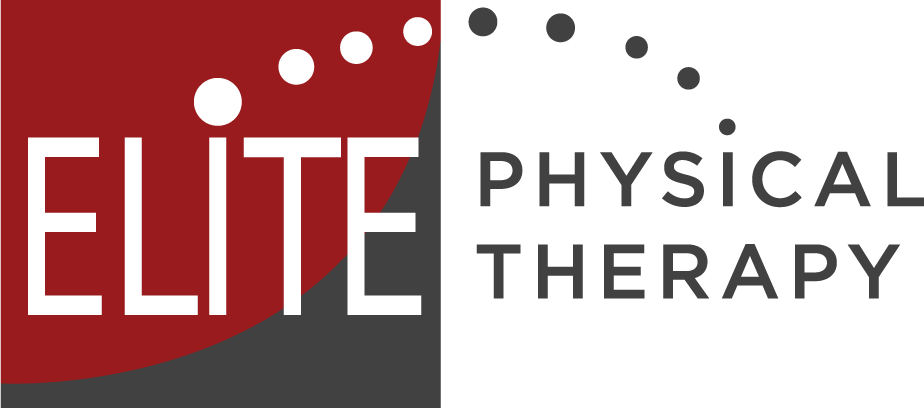

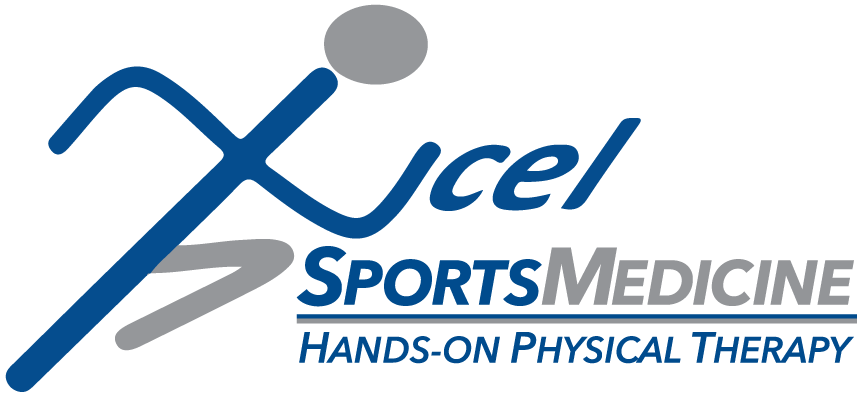



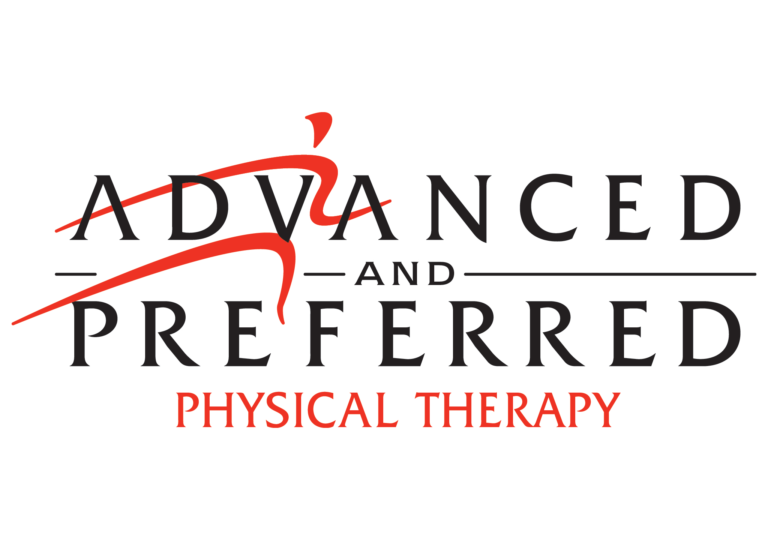

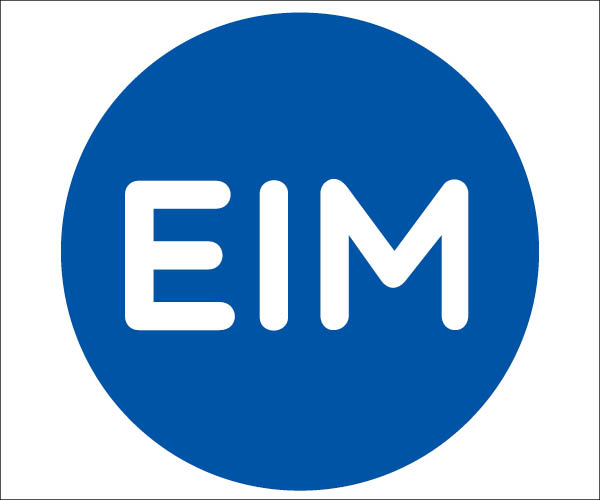

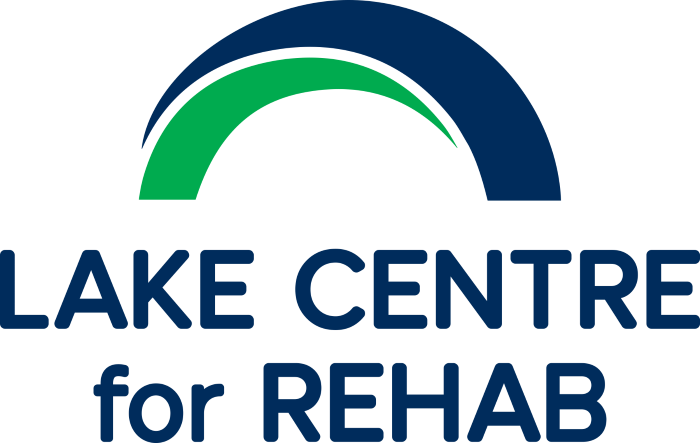
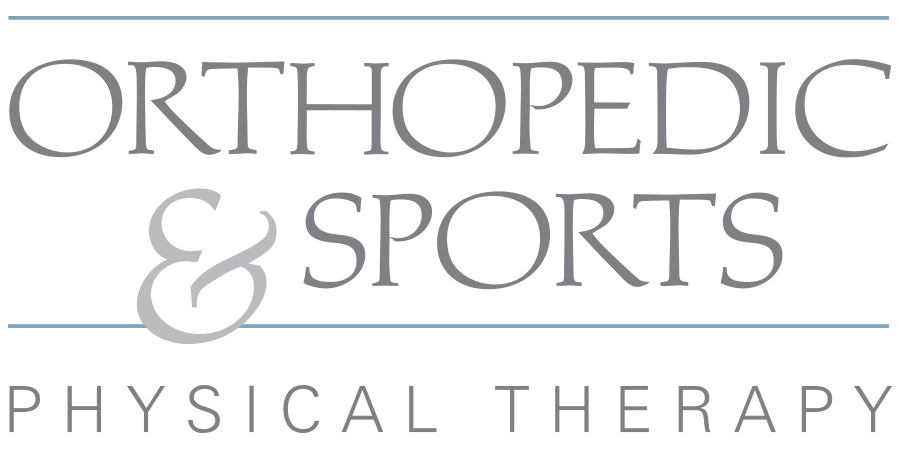

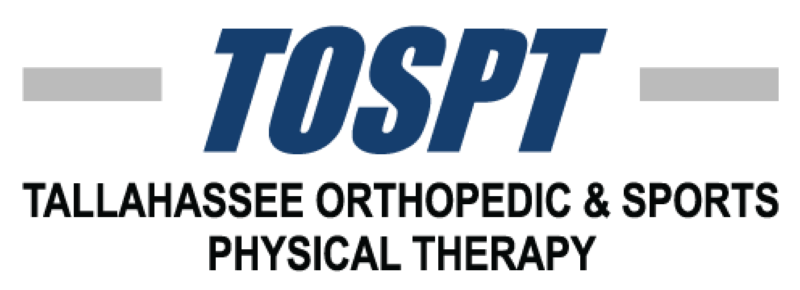






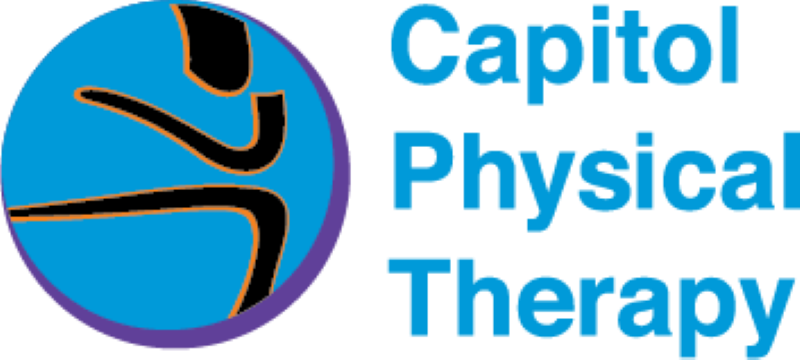






 Director of Marketing, Training and Professional Development
Director of Marketing, Training and Professional Development Marketing Consultant | Boutique Partners
Marketing Consultant | Boutique Partners Digital Marketing Specialist
Digital Marketing Specialist Digital Marketing Manager
Digital Marketing Manager Senior Graphic Designer
Senior Graphic Designer Content Production Manager
Content Production Manager Graphic Designer
Graphic Designer Senior Director of Partner Growth
Senior Director of Partner Growth Hive Marketing Liaison
Hive Marketing Liaison Digital Marketing Campaign Specialist
Digital Marketing Campaign Specialist Marketing Analyst
Marketing Analyst VP Brand Communications
VP Brand Communications  Web Designer
Web Designer Marketing Communications Specialist
Marketing Communications Specialist PR + Communications Manager
PR + Communications Manager Senior Director, Consumer Media Group
Senior Director, Consumer Media Group